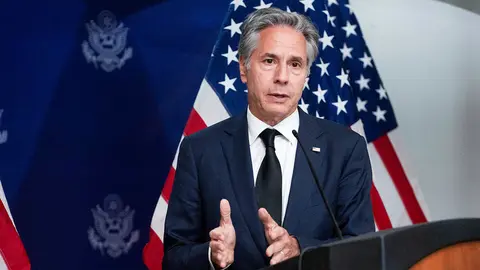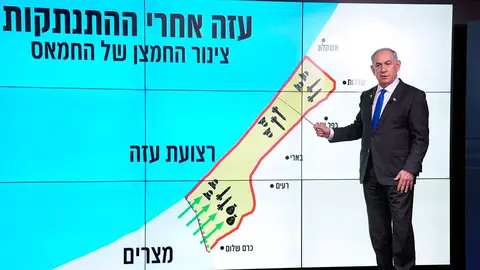Biden administration tries to quell reports of desperation to reach Gaza truce deal
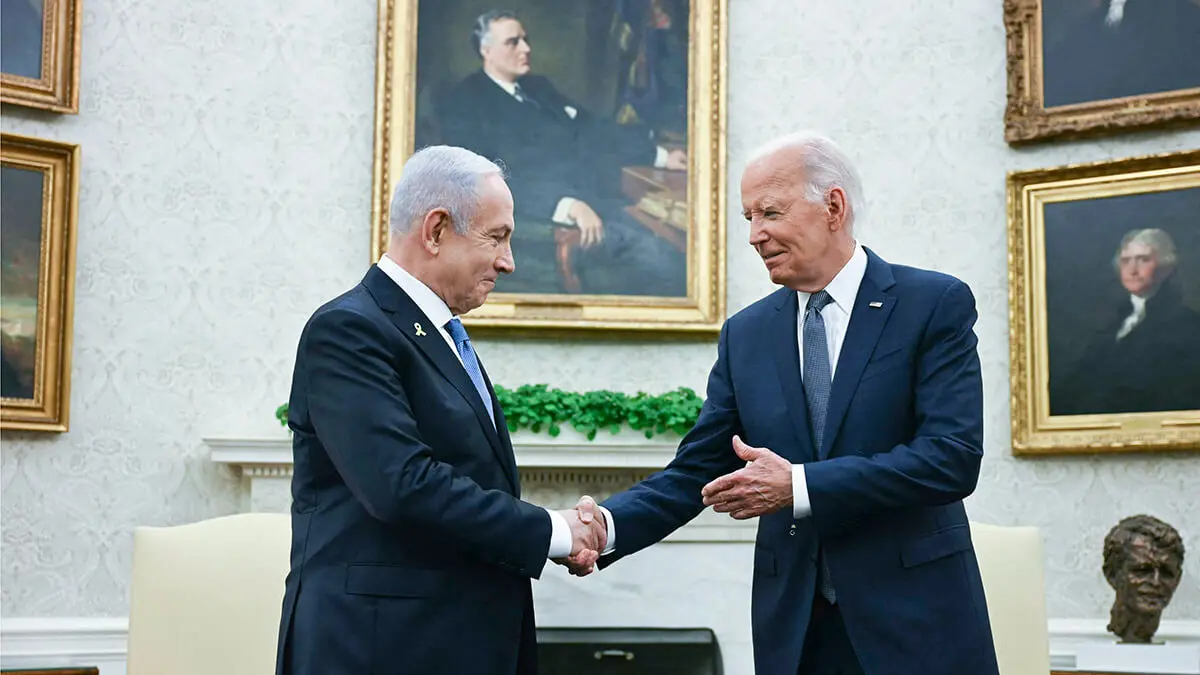
Despite their continued attempts to reach a truce in Gaza, US officials are said to be increasingly convinced that a ceasefire agreement between Israel and the Palestinian militant group Hamas in Gaza is unlikely before President Joe Biden leaves office in January.
The Wall Street Journal confirmed this assessment on Thursday, quoting senior White House, State Department and Pentagon officials, without naming them.
‘After months of asserting that a cease-fire and a hostage-release deal were close, senior US officials now privately acknowledge that they do not expect Israel and Hamas to reach an agreement before the end of President Biden's term,’ the US newspaper said.
According to an unnamed official quoted by the newspaper, ‘no deal is imminent’ and, in fact, ‘I'm not even sure that anything will come of it’.
The US administration is at pains to quell pessimistic speculation. ‘I can tell you that we don't think the deal is falling apart,’ Pentagon spokeswoman Sabrina Singh told reporters on Thursday before the WSJ report was published.
According to The Wall Street Journal, ‘the administration will not relent in its pursuit of a deal, seeing it as the only way to end the war in Gaza and stop a rapidly escalating conflict between Israel and Lebanon's Hezbollah.’
US Secretary of State Antony Blinken declared a fortnight ago that a 90 per cent ceasefire agreement had been reached.
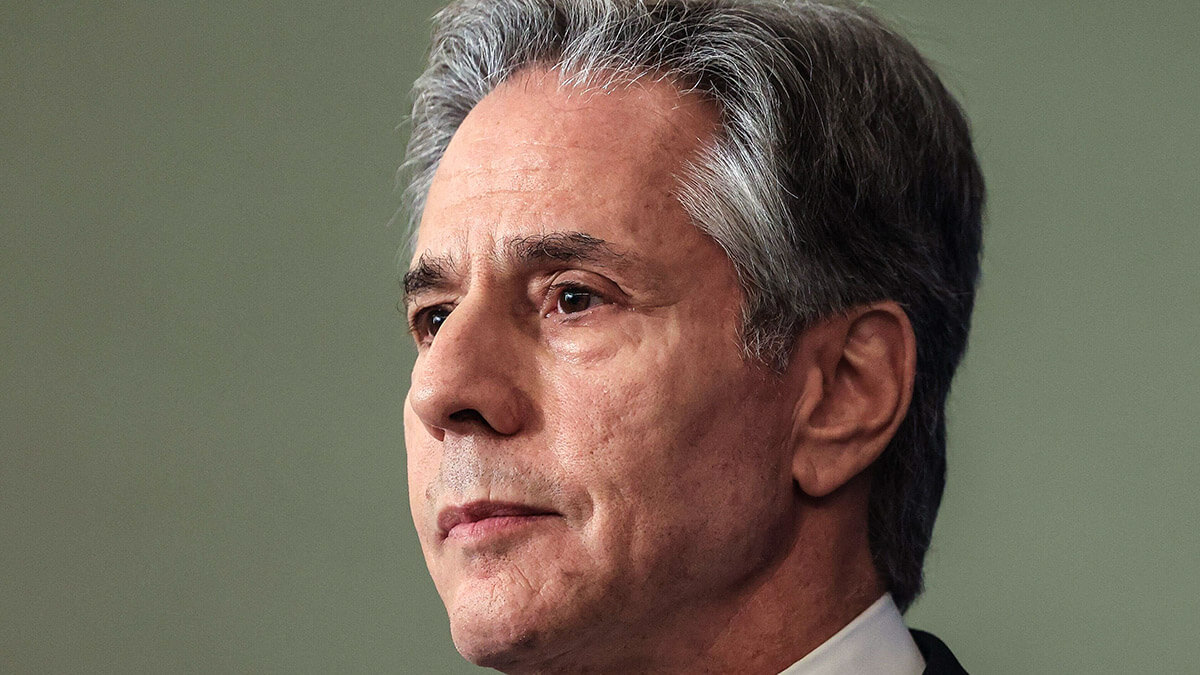
The US and mediators Qatar and Egypt have been trying for months to achieve a ceasefire, but have been unable to bring Israel and Hamas to a final agreement.
Two obstacles have been particularly difficult: Israel's demand to maintain forces in the Philadelphia corridor between Gaza and Egypt and the details of an exchange of Israeli hostages for Palestinian prisoners held by Israel.
Egypt has said it will not allow Israeli troops to remain on its border with Gaza, nor will it accept any further changes to the security arrangements in place before the Israeli-Hamas war.
‘Egypt reiterates its position, it rejects any military presence along the opposite side of the border crossing and the aforementioned (Philadelphia) corridor,’ Foreign Minister Badr Abdelatty told a news conference in Cairo on Wednesday with US Secretary of State Antony Blinken.

The United States has said a ceasefire agreement in Gaza could ease tensions in the Middle East amid fears that the conflict could spread. An agreement would also pave the way for Saudi-Israeli normalisation.
Many in Israel accuse Prime Minister Benjamin Netanyahu of ‘sabotaging’ the truce talks out of personal and political calculations. The Israeli security establishment is said to be very wary of giving the green light to the release of a large number of high-level Palestinian militants in exchange for hostages. Experts also blame Hamas for dithering during negotiations for fear of giving Israel the appearance of victory after twelve months of war.
Biden presented a three-phase ceasefire proposal on 31 May, which he said Israel accepted. As talks run into obstacles, officials have been saying for weeks that a new proposal will be presented soon.
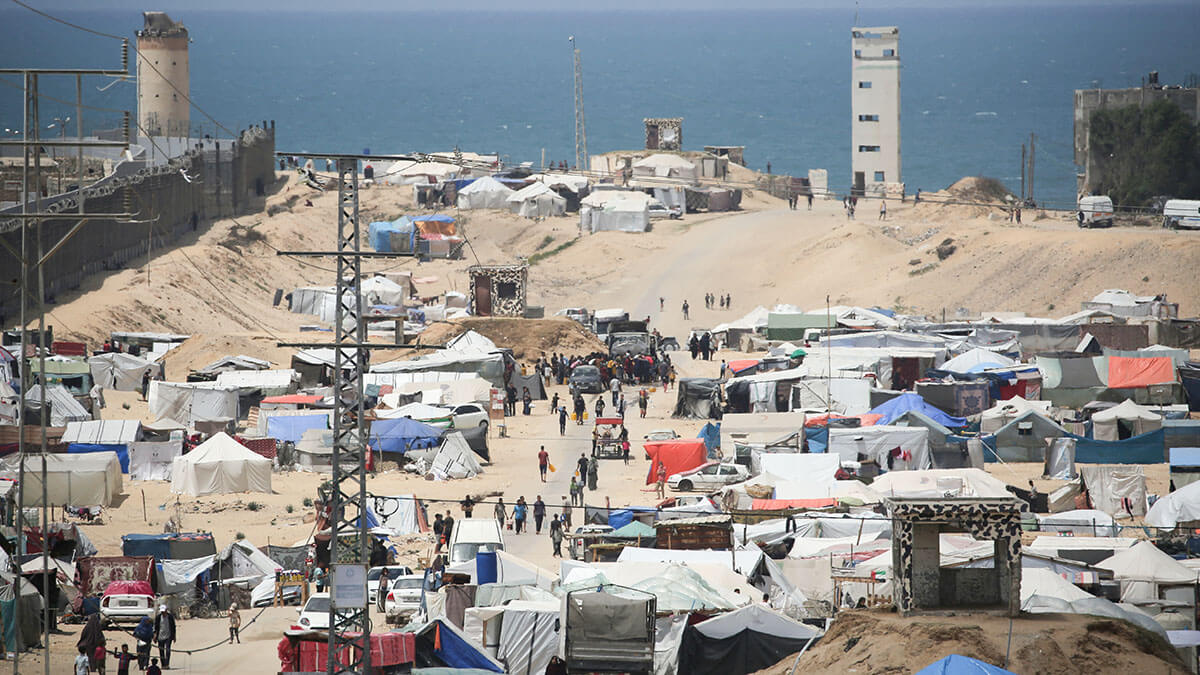
Another obstacle in the truce mediations is the never-ending process of amendments and new proposals.
Israeli media reported on Thursday that Israel has proposed a new deal that would see the release of Gaza hostages in exchange for safe conduct for Hamas leader Yahya Sinwar and a cessation of fighting.
Public broadcaster Kan reported that the proposal would also call for the release of Palestinian prisoners and a new system of government in Gaza, although no further details were provided.
The Times of Israel said an Israeli official had confirmed that the hostages' envoy, Gal Hirsch, ‘presented the plan to the Americans, who were expected to pass it on to unspecified Arab officials‘.
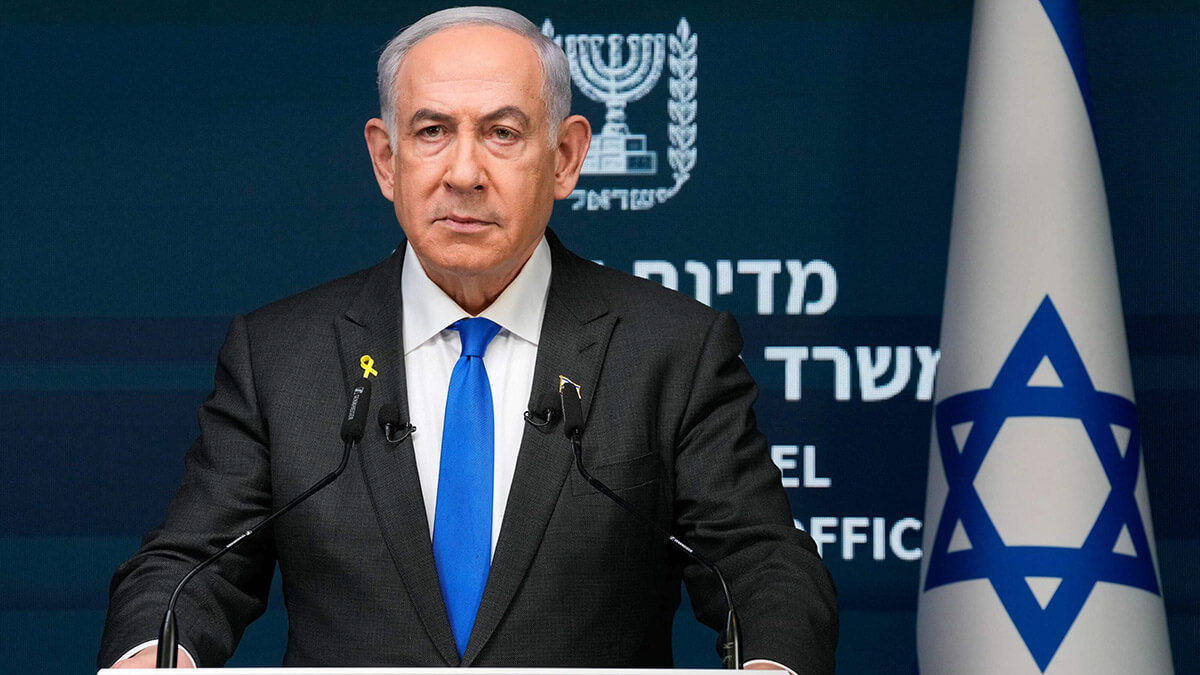
Asked about the reports at a press conference on Thursday, government spokesman David Mencer did not refer specifically to them, but to earlier statements calling on the international community to press Hamas to make concessions in order to reach a deal.
‘Whoever wants to help in the effort to free our hostages has to put pressure on the murderous Sinwar and not on the Prime Minister of the State of Israel,’ he said.
The latest bloodshed in the decades-long Israeli-Palestinian conflict was triggered on 7 October, when Hamas attacked Israel, killing 1,200 people and taking some 250 hostages, according to Israeli counts.
The subsequent Israeli assault on the Hamas-ruled enclave has killed more than 41,000 Palestinians, according to the local Health Ministry, while displacing almost the entire population of 2.3 million, triggering a famine crisis and prompting accusations of genocide before the World Court that Israel denies.

